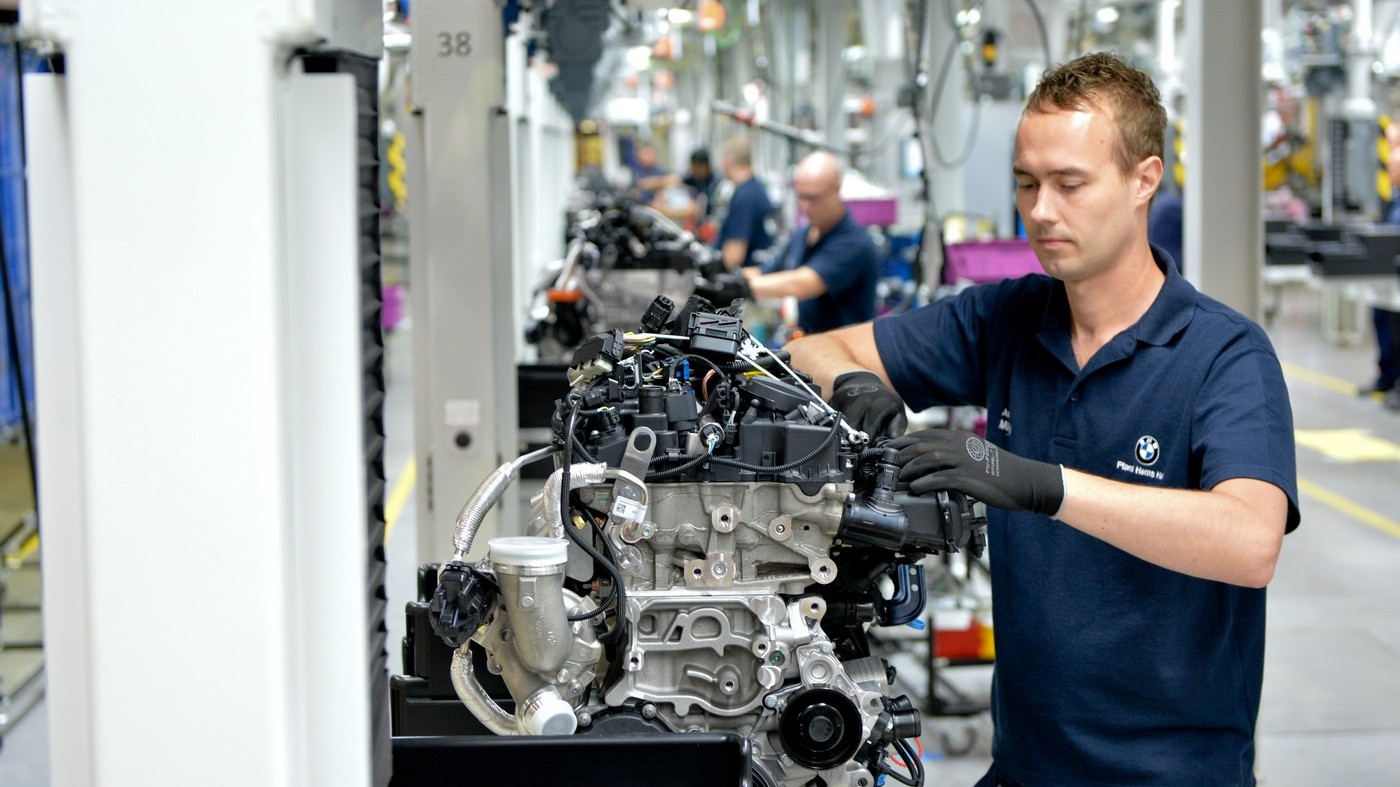Following Volkswagen Group’s dieselgate scandal, it seems that other Deutsch giants are stepping up their game into overdrive. What better place to start than with BMW, who’ve just announced this week that they will be revamping the company’s British engine manufacturing arm, Hams Hall located in the north of Warwickshire, UK.
Originally opened in 2001 with an initial investment figure of over £400 million (RM2.54 billion), the plant’s primary mission was the manufacturing of engine components such as crankshafts, cylinder heads and cylinder blocks. The factory churned out parts for BMW and Mini models that would go on to power countless cars around the globe. Fourteen years since then, BMW decided that it was about time to give the old girl a makeover.
The makeover in question here is in line with Bimmer’s new direction relative to powertrains. Gone are the sweet, smooth purring straight-six free breathers that once powered the bulk of Bimmers of old. The “Green Movement” or whatever eco-mentalists choose to label it these days has seen giants like BMW move from big-bore sixers to tiny little turbocharged four potters for the sole reason of better carbon dioxide emissions and fuel efficiency. And what pray tell is the cost of ‘keeping up with the times?’ BMW has just stroked a cheque to the tune of a whooping £750 million or RM4.7 billion!
As the headline suggests, the factory will be churning out engines and components of the new three and four-cylinder engines which is already being ramped up on brand-new production lines, and over one million components will be machined at the plant for the first time this year as supply extends to other plants in the Group. The plant will be responsible for producing engines for Mini’s new Clubman, the all-new G11 7-Series and Bimmer’s very own i8 plug-in hybrid sports car. In addition to that, the plant will also be casting the latest-gen twin-turbo straight six (same one that powers the new M2) engines too.
Overall, the new Efficient Dynamics engine family includes both petrol and diesel flavours, all employing TwinPower Turbo technology and ranging from 1.5-litres to 3.0-litres. With different power ratings, the engines can be adapted to a variety of models across the stable. Commonality between the engines makes it possible to be extremely flexible in achieving significant efficiencies at high production volumes, as well as being able to produce additional special versions of the engines at relatively small volumes (and cost) across the network of engine plants.
IMAGE GALLERY













